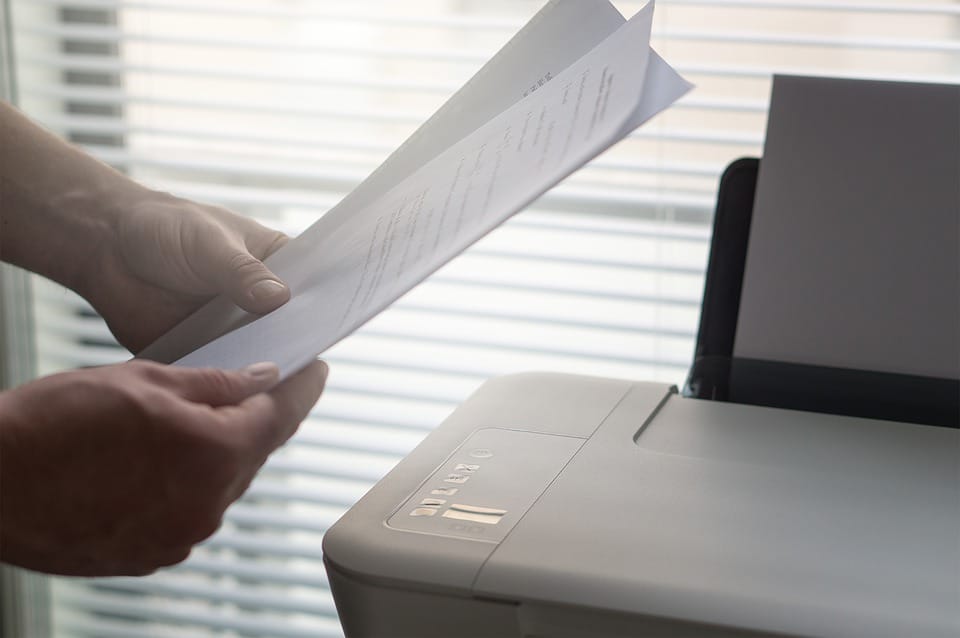
During the three decades that my personal injury and wrongful death law firm colleagues and I have spent helping victims of medical malpractice in Virginia, we’ve seen state lawmakers pass numerous laws making it harder to hold negligent health care providers and facilities accountable for the harms their errors and oversights inflict. In addition to setting short, inflexible statutes of limitations on filing claims and imposing hard caps on total monetary damages awards, Virginia law requires nearly all medical malpractice victims to to obtain an opinion from a medical expert that there has been a violation of medical standards prior to moving forward with a lawsuit. This written opinion is called a certificate of merit.
LEARN MORE
- Steps You Need to Take to Prove Medical Malpractice
- A Virginia Personal Injury Attorney Explains the Role Expert Testimony Plays in a Trial
- Leaving a Surgical Instrument Inside a Patient’s Body Causes Serious Injuries
Section 8.01-20.1 of the Virginia Code spells out the requirements for “Certification of expert witness opinion at time of service of process.” According to this certificate of merit statute, a plaintiff cannot have a sheriff or process server serve notice on a doctor or medical malpractice defendant until another doctor has verified in writing that medical malpractice occurred and that the instance of malpractice caused damages.
The way that the law is written, the plaintiff doesn’t have to give the certificate of merit to the doctor or hospital being sued, but the plaintiff’s lawyer must be able to verify that they did have the certificate of merit prior to the suit being served. If there is a controversy over whether the medical malpractice victim truly had a certificate of merit, the victim’s attorney may have to share the written opinion with a judge privately, but it still normally is not provided to the defendants. Also, the doctor who writes the certificate of merit can remain anonymous and does not have to be further involved in the case. To succeed with the case, however, the medical malpractice victim will need to name at least one expert who is willing to testify at deposition and trial.
The bottom line in Virginia is that a physician who was not involved in the alleged medical error must review the available evidence and believe that a standard of care was violated in a way that caused damages or else the case should never move forward under the law. Even when that requirement is met, the physicians or hospitals being sued will often contest the claim, deny any responsibility and hire their own expert witnesses to argue that no medical standards were violated. That is what makes horse races, as they say.
State law does not specify what an expert must write in a certificate of merit, but the certificate must verify that the defendant violated an applicable standard of care and that the violation caused damages.
The certificate of merit requirement exists for all types of Virginia medical malpractice cases, including
- Failing to make a correct diagnosis
- Misreading or ignoring laboratory results
- Performing an unnecessary surgery
- Committing a surgical error
- Dispensing or administering the wrong medication or dosage
- Providing insufficient or poor follow-up or aftercare
- Disregarding or not taking an appropriate patient history
- Failing to order indicated tests
The only times medical malpractice victims can take legal action without first obtaining a certificate of merit are when the harms from an alleged act of negligence are so apparent that no expert opinion would be needed to convince members of a jury. Such cases include leaving surgical implements inside people and setting surgical patients on fire. Both of which have really happened.
EJL







